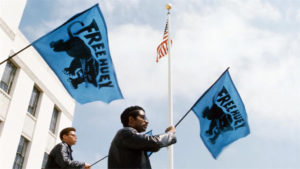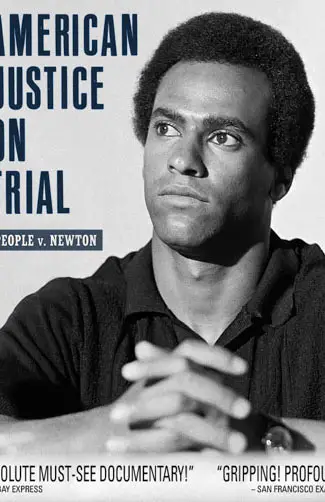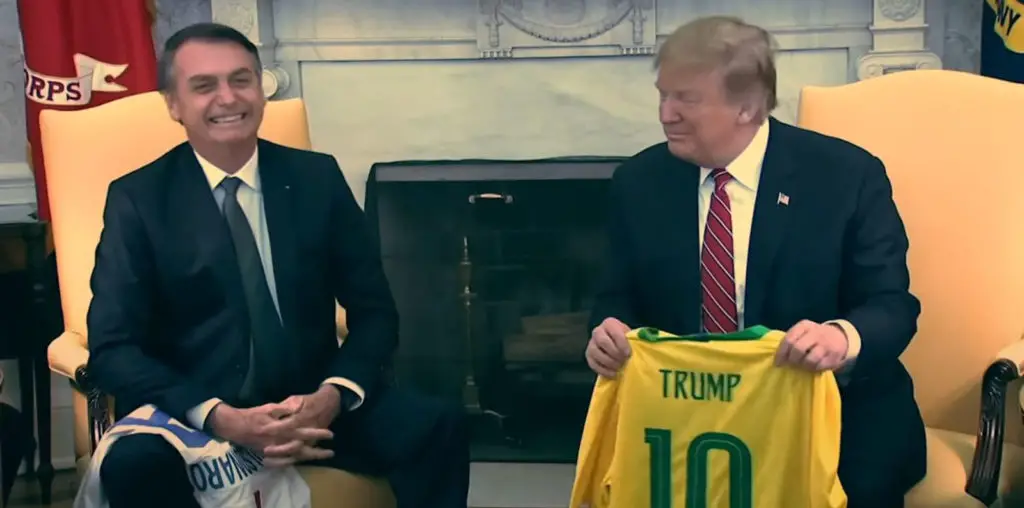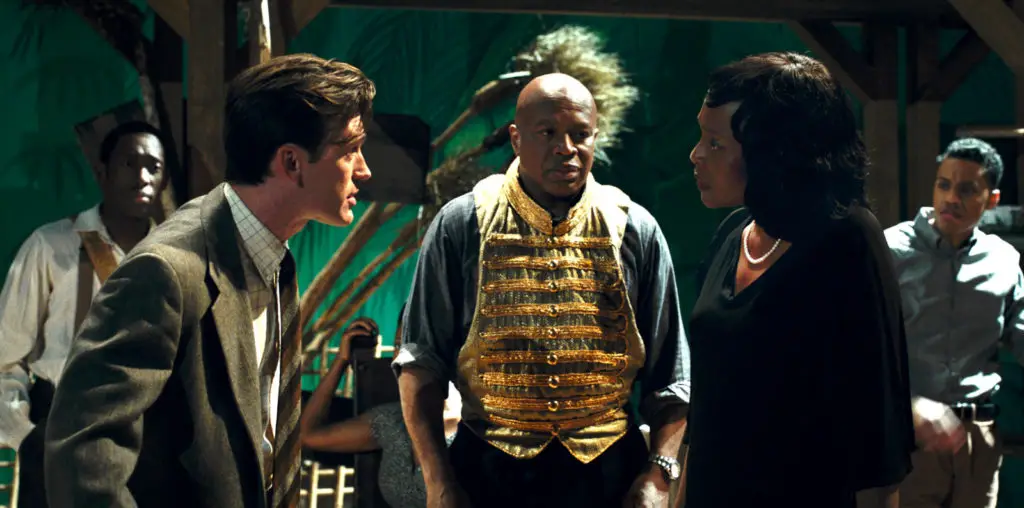
The Civil Rights and Black Liberation movements had three distinct fronts. There was, of course, Martin Luther King and his nonviolent resistance in the South. In New York City, Malcolm X was delineating for audiences a history of brutality against African Americans and advocated for black consciousness. And then there was the Black Panther Party in Oakland. Black Panther co-founder Huey Newton’s murder trial is the subject of directors Andrew Abrahams and Herb Ferrette’s documentary short, American Justice on Trial.
The Black Panther Party was the most confrontational of all the liberation movements. Abrahams and Ferrette interview Panthers, retired cops, lawyers, and former jurors in order to paint a vivid picture of Oakland’s racism and the activists’ response. We learn that the Oakland police department actively recruited racist cops from southern states and that their mandate was to contain and terrorize the city’s African American population.
“…focus[es] on structural racism within the judicial system and how it was baked into Newton’s murder trial.”
While other documentaries offer a wider panorama of the Black Panther Party, American Justice on Trial provides a tighter focus on structural racism within the judicial system and how it was baked into Newton’s murder trial. African Americans were usually the victims of confrontations with police. Cops claimed self-defense while African American victims provided dead bodies. Newton somehow survived his confrontation with the cops. This time it was a white cop providing the dead body. Abrahams and Ferrette wisely focus on the fact that white jurors were often chosen for trials involving African American defendants. Prosecutors often used peremptory strikes to remove potential black jurors. The odds were clearly stacked against Newton.
American Justice on Trial shows the brilliance of Newton and his lawyers. Their thinking was that if the jury was going to be mostly white, then they would try to expose the biases of those jurors. The defense also wisely decided to take the risk of putting the charismatic Newton on the stand. He was a militant leader, philosopher, and legal expert, a real Renaissance Man — as a child, he played Tchaikovsky pieces on the piano. Newton transformed the court into a classroom to educate everyone about the bloody legacy of American structural racism.
If one were to raise with Abrahams and Ferrette, it is that a documentary of 40 minutes is not enough time for a figure as complex as Newton and an issue as fascinating as his trial. Regardless, American Justice on Trial offers an indictment on a country whose history is written in both ink and blood.

"…offers an indictment on a country whose history is written in both ink and blood."


